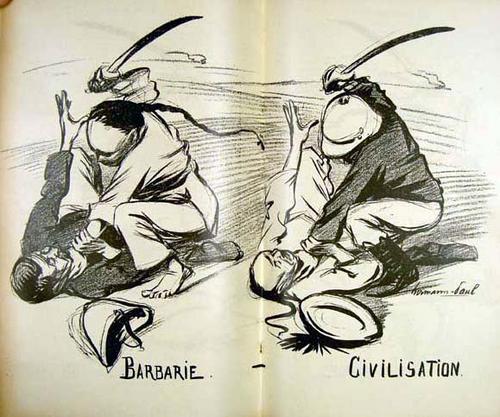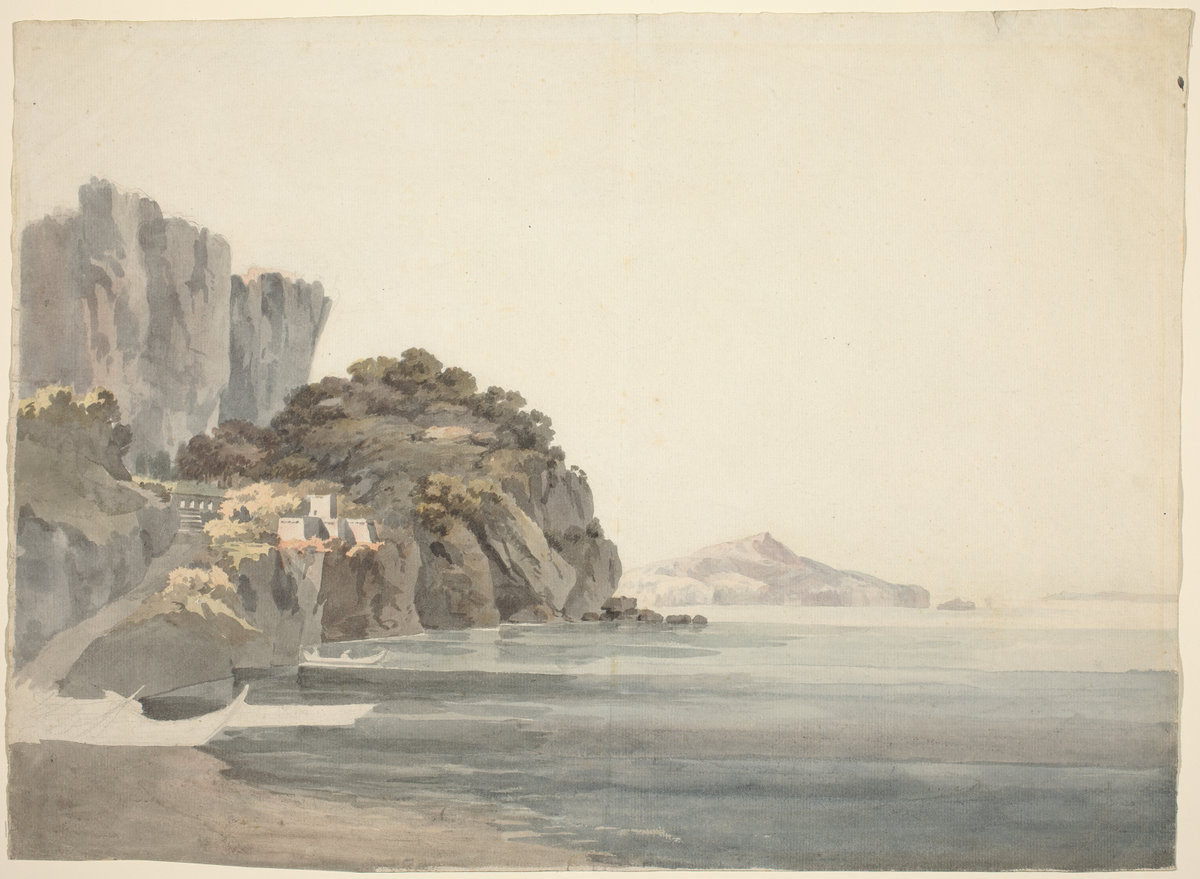
An ongoing terrorist attack on a Nairobi, Kenya shopping mall frequented by foreigners by the Somali militant group al-Shabab has killed dozens.
Is the attack evidence of a resurgent al-Shabab? Joshua Keating notes that attacking a soft civilian target, rather than functioning as a shadow government, is evidence that the group remains weakened. Foreign Affairs flags a January interview with ex-Shabab members who fought in Somalia: “They told us they were fighting for our [Muslim] brotherhood, but what they are doing there is killing Muslims, especially if anyone went against their orders.”
In Syria US-backed rebels are reportedly being “shoved aside” by Islamist fighters (via John Western). The apparent comparative ascendency of rebel extremists runs counter to John Kerry’s claim that the opposition “has increasingly become more defined by its moderation, more defined by the breadth of its membership,” an argument also called into question by the recently uncovered mis-represented credentials of an analyst Kerry cited. Extremist groups also control income-generating regions in Syria’s north “allowing them to ‘win hearts and minds’ by providing food for the local population in a way that other rebel groups cannot,” and Dan Murphy has some caveats about the claim that “nearly half” of rebels are jihadists or hardline Islamists.
On Friday, forces of the Free Syrian Army and Islamic State in Iraq and Syria (Isis) agreed to a truce, averting further violence after Isis had seized a northern town from the FSA earlier last week. Before the truce emerged Hassan Hassan questioned whether an all-out war within the opposition is looming, and urged the US to take advantage of Syrians’ alienation from the extremists.
Syria has begun submitting information about its chemical weapons stockpiles, as part of the US-Russian diplomatic initiative. Chris Bidwell writes that even if Syria intends to come clean “with history as a guide, we can safely predict that it will be an incomplete and inaccurate declaration.” Others worry about the initiative’s pace, which aims to destroy Syria’s chemical arms by next year. Daniel Serwer notes that the chemical weapons agreement leaves rebels out in the cold.
The Atlantic hosts images from the conflict, including images of apparently-early teenaged rebels and an opposition fighter aiming a mortar with an iPad’s accelerometer. Journalist David Axe has a series of more photos.
How effective were Human Terrain Teams? Michael C. Davies defends the practice, though noting many missed opportunities and misallocated resources.
The unlikely late career of the Iraqi judge who ordered Saddam Hussein’s execution and who is now, in David Kenner’s words, “a millionaire lawyer who defends Sunnis from terror charges.”







0 comments